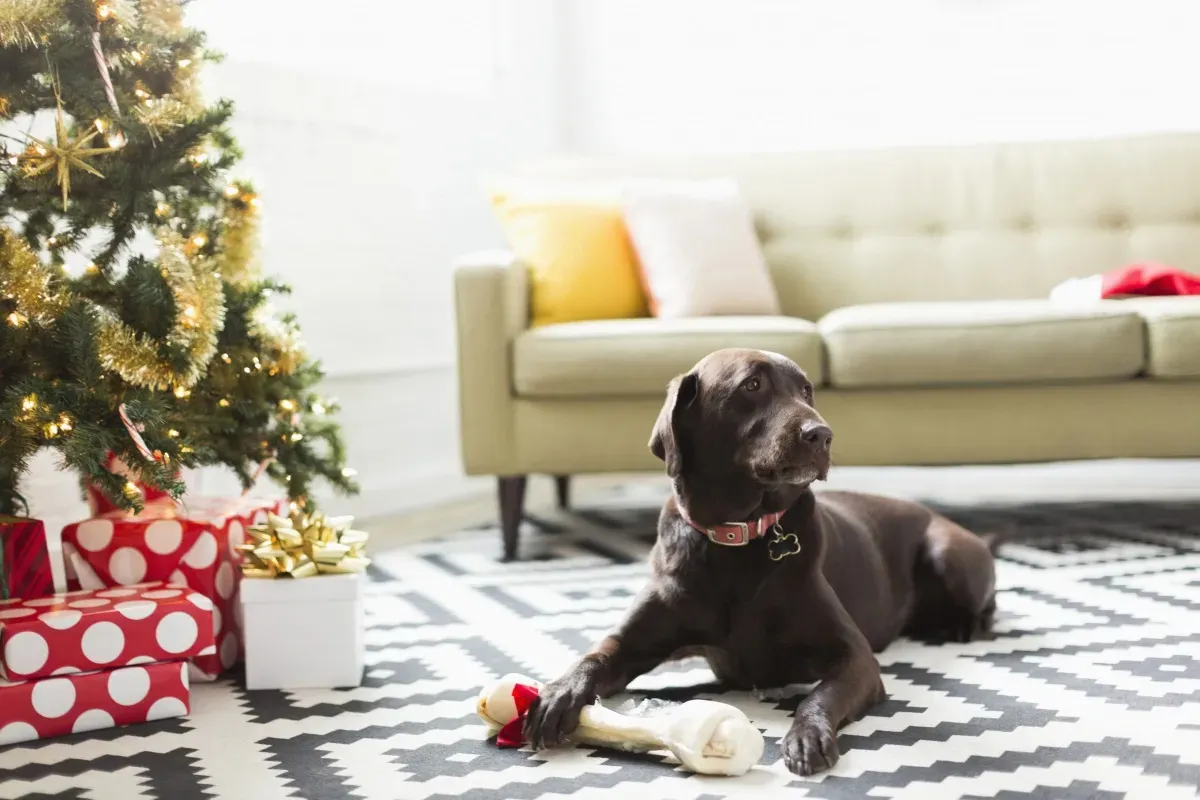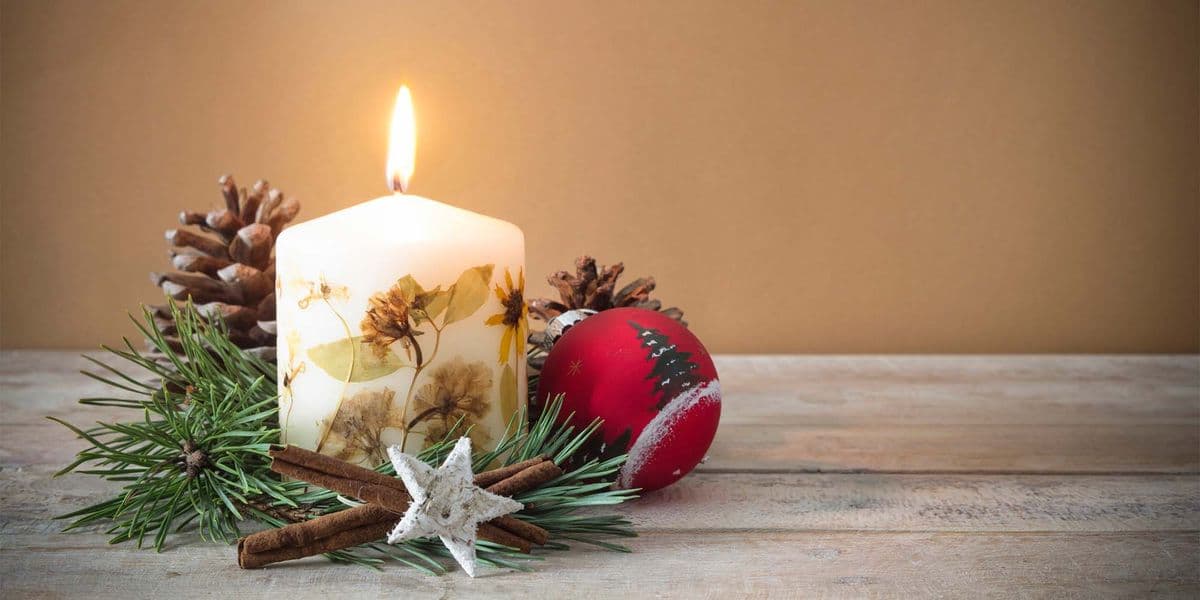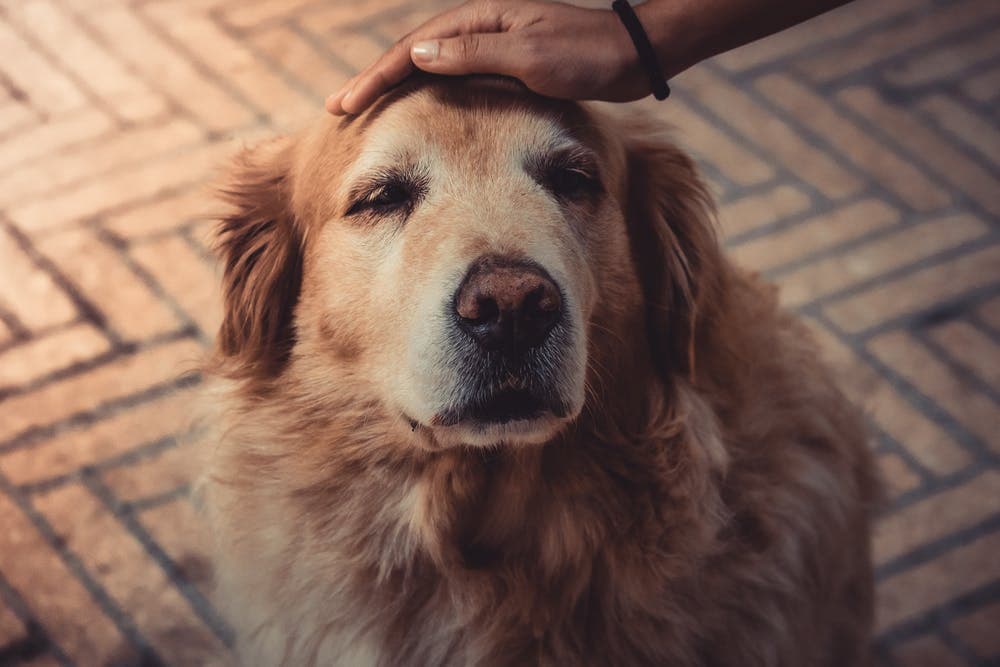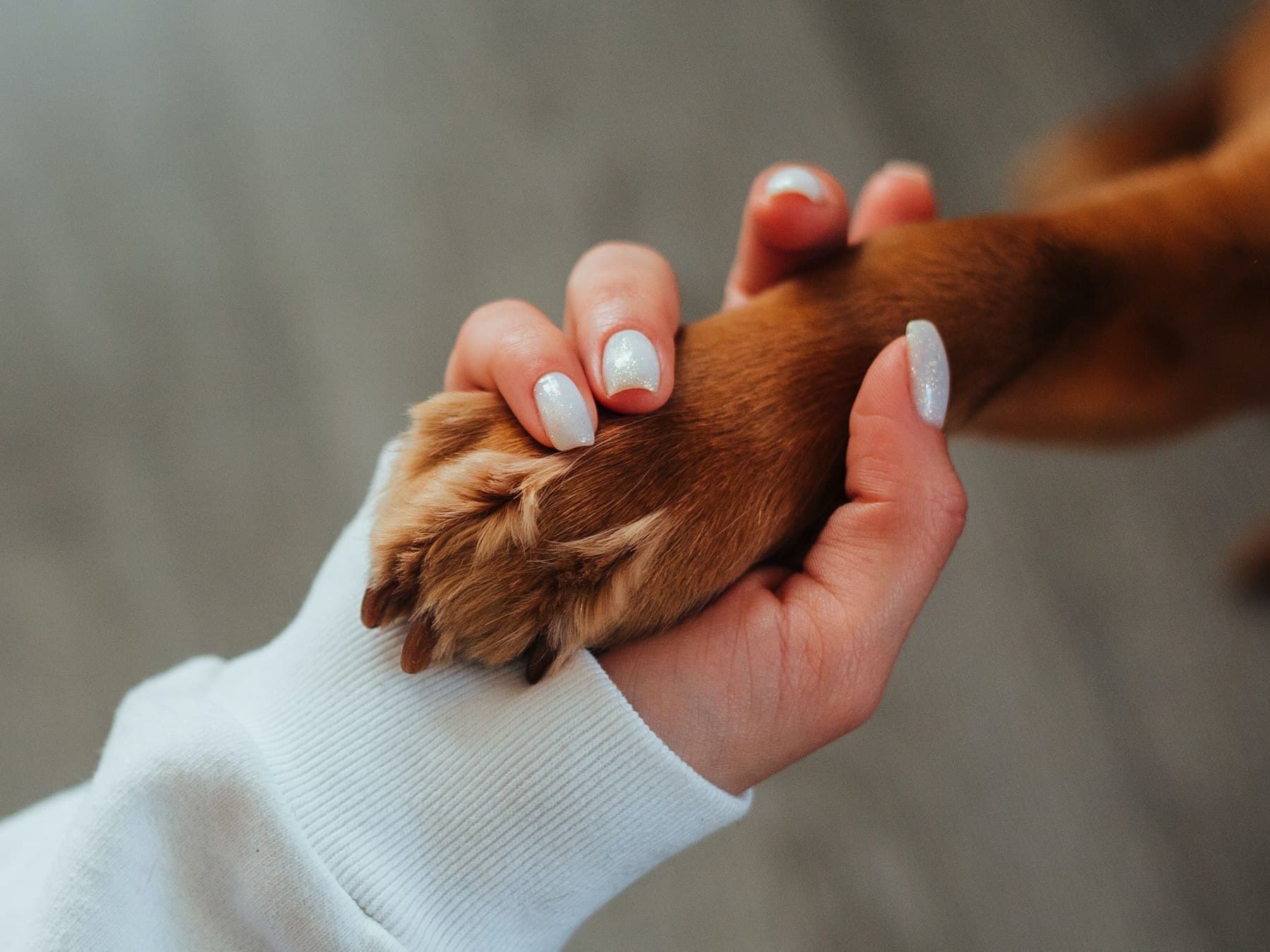
Top tips on keeping your dog happy and safe over Christmas
Toxic Ingestion
Poinsettia – ingestion of plants milky sap can cause drooling, irritation & vomiting
Grapes, raisins, sultanas & currants – all present in mince pies & Christmas pudding – affect liver & kidneys
Chocolate – the darker the chocolate, the more toxic it is
Human medications – including cold & flu tablets & hangover cures. We should never give our dog anything that hasn’t been advised or prescribed by a veterinary professional.
Nuts, particularly macadamia nuts are another danger, as are onions, leeks & anything in the onion family.
Xylitol – also known as Birch Sugar – is highly toxic to dogs & is in a lot of our products, especially low calorie or diabetic products.
Salt dough ornaments made by mixing salt, flour & water which can cause fatal salt toxicosis.
IF YOU THINK YOUR DOG HAS EATEN SOMETHING TOXIC, CONTACT THE VET IMMEDIATELY. NEVER WATCH & WAIT OR TRY TO TREAT YOURSELF

Intestinal Blockages
As well as pine needles, there are many other items which vets have seen causing intestinal blockages:
❌ Tinsel & chocolate / sweet foil wrappers can cause intestinal blockages
❌ Cooked bones are also very dangerous as they are prone to splintering.
❌ Rawhide, whilst it looks very attractive in its variety of colours and designs is actually very bad for dogs. The production process involves many nasty chemicals and it gets sticky or slimy when chewed causing a choking or blockage hazard.
❌ Glass baubles will smash into shards when eaten causing perforation and blockages.
👉 It’s a good idea to gently feel your dog’s tummy and notice their reaction. If they look uncomfortable, go stiff, show signs of discomfort or stress, or make a noise then they may be in pain and should be seen by a vet straight away. Also keep a mental note of their feeding, drinking, urination and bowel movements. Any changes to their regular pattern could be a sign of a problem such as a blockage.

Presents that pose dangers
🎁 Toys - please be careful with small toys that dogs can chew or swallow and choke on.
🎁 Batteries - these tend to be around the house in abundance during the Christmas season. Please always ensure they are out of reach of your dogs at all times as they can cause chemical burns as well as intestinal blockages.
🎁 Wrapping paper can cause intestinal blockages if it’s eaten in large quantities by your puppers!
🎁 Watch out for silica gel in your gifts / parcels that are delivered as these can cause blockages in the gut.

Burns & Scalds
A whole host of accidents involving burns & scalds can take place in the home during the Christmas season:
🔥 We tend to light more candles at Christmas time - never leave your dog unattended with lit candles or wax burners.
🔥 Fairy lights can not only pose a choking hazard, but the wires can also be chewed causing an electric shock.
🔥 Please banish your dog from the kitchen while cooking. We tend to be stressed, cooking a million things at once and the potential to scald a dog at your feet waiting for tasty morsels to drop on the floor is high.
🔥 Expecting guests? Don’t forget, some cleaning products can cause chemical burns. Eg. If there is bleach down the toilet, ensure the lid is closed.
If you are unsure how to deal with burns & scalds, join a dog first aid course today!

Stress
During the festive period we often behave differently and this can be very stressful for many dogs.
😰 Being in or out of the house at different times, being excitable, receiving more frequent deliveries, moving furniture to make space for a Christmas tree, having more visitors than normal (especially if they are young children, babies or other dogs), staying up later, playing more/louder music are all potential stress factors for our dogs.
👉 Please consider your dog when you make your Christmas plans because they are important too.
😰 You should look for signs of stress in your dog and work to reduce or remove these ‘triggers’.
👉 You can desensitise your dog to many things with the correct training, but this takes time and patience so you should start early.



